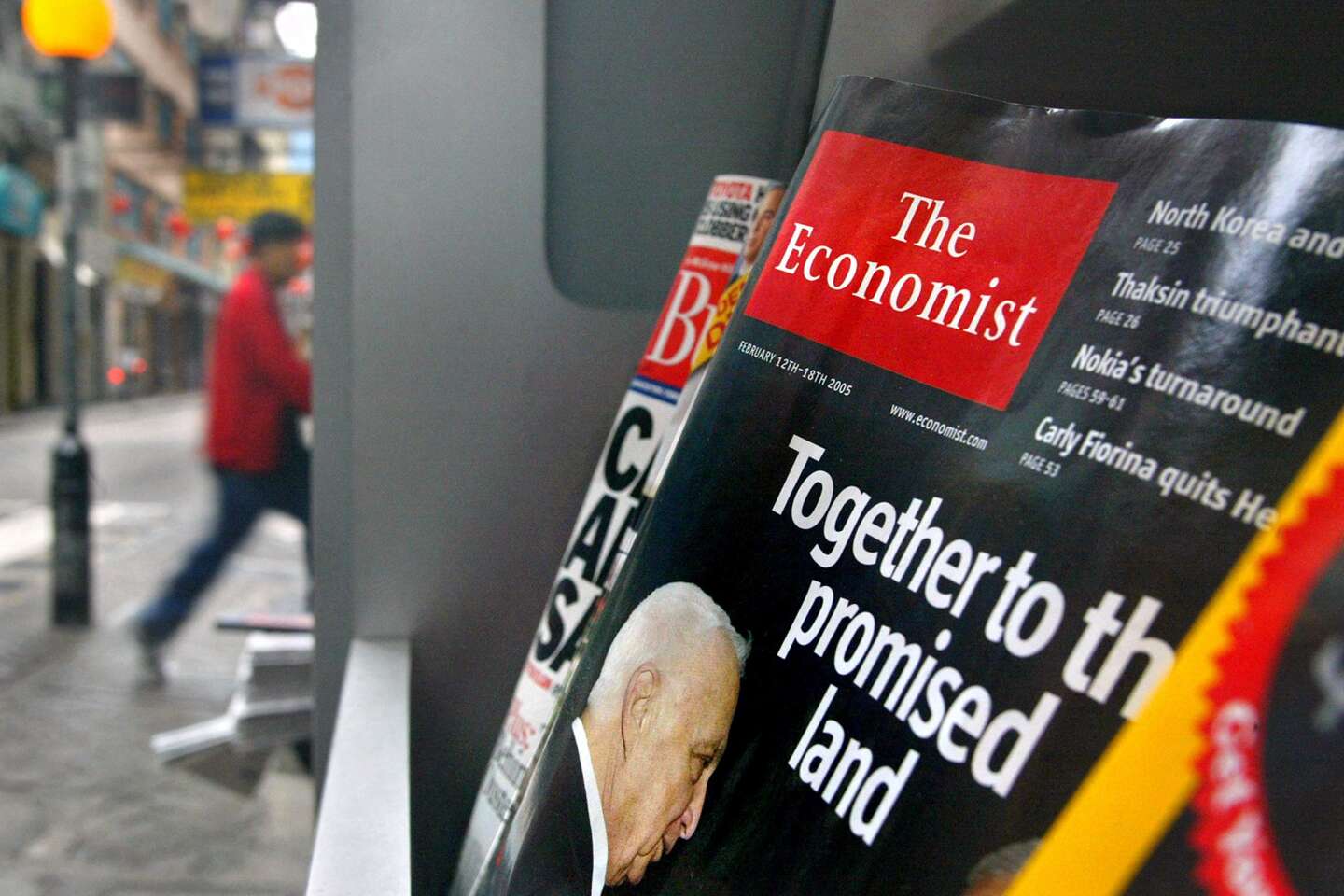


One of the last foreign media available in China has decided to discontinue its Chinese-language version. British magazine The Economist announced on February 28 that its app "The Economist Global Business Review" (commonly referred to as "GBR"), would cease publication on May 31. Launched in 2015, the publication offered a selection of the magazine's articles translated into Mandarin.
Avoiding sensitive topics about China, this subscriber-only application has managed to escape censorship, which blocks access to most foreign websites in China, from Google to Facebook to most newspapers. Other Western media offering Chinese versions, such as the New York Times, the Wall Street Journal, and the BBC, are all blocked in China.
In a brief statement to its readers, the famous British publication did not explain its decision. But according to an internal source, it appears to have been motivated by economic (limited commercial success), and political reasons. New rules announced in August 2023 require all creators of mobile applications to register with the Ministry of Industry and Information Technology, a move that strengthens the Chinese authorities' control over said applications.
New requirements
The Ministry had given app publishers until the end of March 2024 to comply. Apple began requiring these licenses in October. Tencent, the digital giant that owns WeChat, has indicated that all mini-apps, the simplified tools within China's ultra-dominant social media network, would be subject to the same registration rules. These new requirements worried the British magazine's executives.
The decision could also be economic: while The Economist's accounts have over 2.3 million subscribers on the social media network Weibo, similar to X, and around 1 million on WeChat, only a few tens of thousands paid the 488 yuan (62.70 euros) required for an annual subscription. However, its reach went beyond these subscribers, as the magazine published long excerpts of its articles on social media.
This decision to stop has also raised the question of the future of two similar sites, Ftchinese – which offered both translated articles from the British Financial Times and essays by Chinese economists –, and the Harvard Business Review – which also offers a Mandarin version. These three media had been operating in a gray area for years: The Economist app, for example, was available on the Apple app store, but not in Chinese app stores. The Chinese version of the FT operates with a website, inaccessible in China without a VPN (a software program that circumvents censorship), and shares articles with its 2.7 million subscribers on Weibo, thereby participating in public debate.
